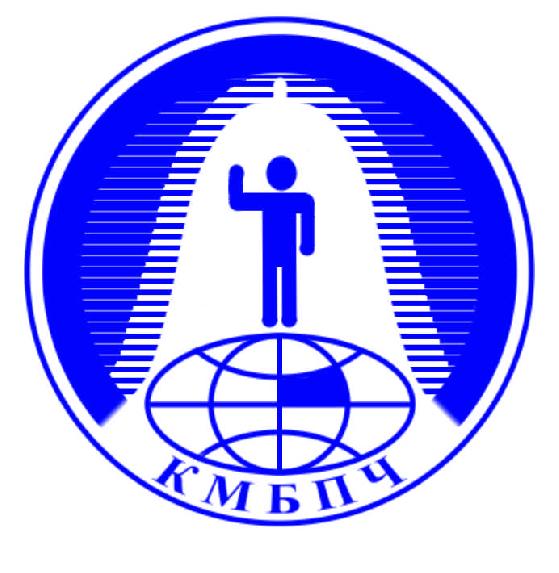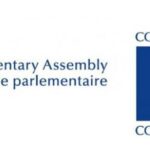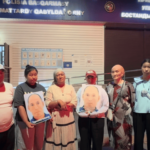This week a new
round of the annual EU-Kazakhstan Human Rights Dialogue is scheduled to take
place in Brussels. International Partnership for Human Rights (IPHR) and
Kazakhstan International Bureau for Human Rights and Rule of Law (KIBHR) call
on the EU to use this meeting to convey concerns about the lack of progress on
key human rights issues in Kazakhstan since the last dialogue a year ago. The
EU should also ensure that such concerns are reflected in its ongoing
engagement with Kazakhstan’s government, especially at this time when it is
seeking to deepen its relations with the country.
In a briefing
note prepared for the upcoming dialogue, the two organizations outline the following
human rights issues they believe the EU should raise with Kazakhstan’s
government:
Kazakhstan’s
already seriously weakened opposition media continue to be subjected to
pressure, including through initiatives to suspend and close down media outlets
for technical mistakes. The practice of arbitrary blocking of websites that feature
information critical of the authorities also continues.
The government has failed to de-criminalize defamation
and set a general cap on the amount of moral damages that can be awarded in civil
libel cases. In a recent ruling
that reinforced LGBT intolerance, a local court ordered an advertising agency
to pay 145 000 EUR in damages because of a creative poster depicting two
classical male cultural figures kissing.
There has been no
end to the well-known pattern in which permission is denied for holding peaceful
protests, protests that take place without such permission are dispersed by police, and organizers, participants and even journalists
that cover protests are brought to court and given warnings, fines and administrative
arrests. The trials in these cases are frequently marred by procedural
violations.
The new criminal and administrative
codes, as well as the new trade union law adopted this summer contain a number
of provisions curtailing freedom of association. There are also concerns that the government is
considering plans to tighten NGO legislation. As elsewhere in the post-Soviet
region, especially foreign-funded NGOs have increasingly been targeted by
hostile rhetoric.
Several human rights
defenders are currently deprived of their liberty on grounds believed to be motivated by their professional activities.
These include Roza Tuletaeva and Vadim Kuramshin, who continue to serve prison
sentences handed down in unfair trials; Zinaida Mukhortova, who has again been forcibly
placed in psychiatric care; and Yevgeniy Tankov, who was recently given a
disproportionate prison sentence on charges of threatening and using violence
against a judge.
There is an urgent need for
further enhanced efforts to counteract torture and ill-treatment. In spite of
some welcome measures, such as the establishment of a National Prevention
Mechanism against Torture, torture remains widespread and the perpetrators are
rarely brought to justice. The definition of torture included in the new criminal
code still does not fully meet international standards and effective legal
safeguards against abuse are lacking.
The EU should request the authorities of Kazakhstan to
take concrete steps to address these issues, including by implementing the
many, relevant recommendations it received by EU and other states during the
recent UN Universal Periodic Review of the
country. In addition to
communicating this message at the Human Rights Dialogue, the EU should follow
up on it as part of its broader engagement with Kazakhstan’s government, in
line with the EU’s commitment
to promote human rights in all relations with third countries and link human
rights to other policy areas such as trade. The use of such a comprehensive
approach was a major
recommendation in a recent European Parliament commissioned study of the
EU’s human rights policies in Central Asia.
It is
particularly important that the EU enforces its value agenda and insists that Kazakhstan’s
government improves its human rights record in the context of enhancing
EU-Kazakhstan relations. Last month negotiations were concluded
on a new EU-Kazakhstan Partnership and Cooperation Agreement
(PCA), which is intended to replace one in force since 1999 and to “significantly
deepen political and economic ties” between the two parties. Before the treaty
can enter into force, it has to be ratified by the EU member states and the
European Parliament. The European Parliament has taken the position that the
process of concluding the new PCA should depend on political and human rights
progress in Kazakhstan, and the EU’s
Foreign Affairs High Representative has also stated that strengthening relations with Kazakhstan
“cannot occur independently” from the political reform progress in this
country. As shown by the IPHR-KIBHR briefing note and earlier reports by these
and other NGOs, the human rights situation in Kazakhstan remains highly
problematic and has in many respects deteriorated further since the PCA
negotiations began in 2011.
The IPHR-KIBHR briefing note is available HERE

















